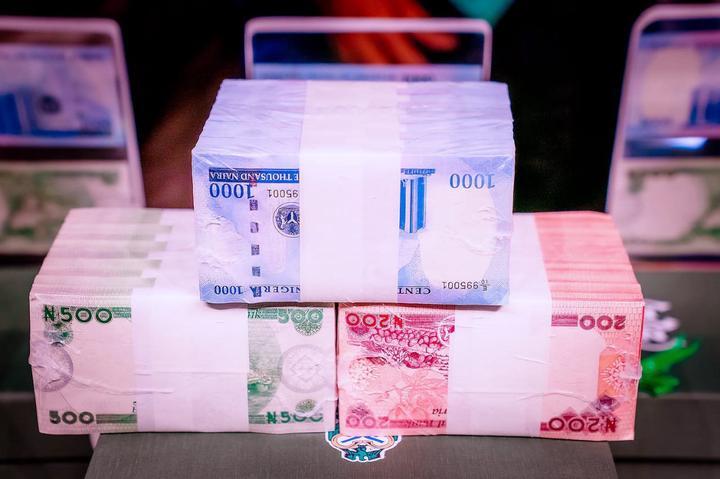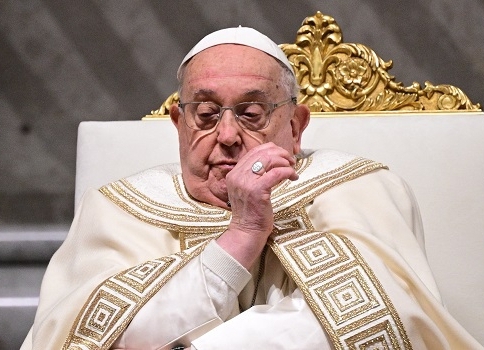A total sum of N1.678 trillion, being February 2025 revenue to the federation account, has been shared to the three tiers of government as revenue to be disbursed for the month of March.
The revenue was shared at the March 2025 Federation Account Allocation Committee (FAAC) meeting held in Abuja, according to a statement that was issued by Office of the Accountant General of the Federation (OAGF).
The meeting was chaired by the Minister of Finance and Coordinating Minister of the Economy, Wale Edun, and attended by the Accountant General of the Federation, Shamseldeen Ogunjimi.
The total distributable revenue of N1.678 trillion comprised distributable statutory revenue of N827.633 billion, distributable Value Added Tax (VAT) revenue of N609.430billion, electronic money transfer levy revenue of N35.171 billion, solid minerals revenue of N28.218 billion and augmentation of N178 billion.
The total gross revenue of N2.344 trillion was available in the month of February 2025, the statement noted.
Total deduction for cost of collection was N89.092 billion while total transfers, interventions, refunds and savings were N577.097 billion.
The statement stated that gross statutory revenue of N1.653 trillion was received for the month of February 2025. This was lower than the sum of N1.848 trillion received in the month of January, 2025 by N194.664 billion.
Gross revenue of N654.456 billion was available from the VAT in February 2025. This is lower than the N771.886 billion available in the month of January 2025 by N117.430 billion.
From the available revenue of N1.678 trillion, federal government received N569.656 billion and the 36 States got N562.195 billion; LGAs got N410.559 billion while the total sum of N136.042 billion was disbursed as 13% mineral revenue allocation to states as derivation revenue.
On the N827.633 billion distributable statutory revenue, the communiqué stated that the Federal Government received N366.262 billion and the State Governments received N185.773 billion.
The LGAs received N143.223 billion and the sum of N132.374 billion (13% of mineral revenue) was shared to the benefiting States as derivation revenue.
From the N609.430 billion distributable VAT revenue, the Federal Government received N91.415 billion, the state governments received N304.715 billion and the LGAs received N213.301 billion.
A total sum of N5.276 billion was received by the Federal Government from the N35.171 billion electronic transfer levies. The states received N17.585 billion and the LGAs received N12.310 billion.
From the N28.218 billion solid minerals revenue, the FG got N12.933 billion and the state governments received N6.560 billion.
The local governments received N5.057 billion and a total sum of N3.668 billion (13% of mineral revenue) was shared to the benefiting States as derivation revenue.
The augmentation of N178 billion was shared as follows: FG received N93.770 billion, the states: N47.562 billion N36.668 billion.










